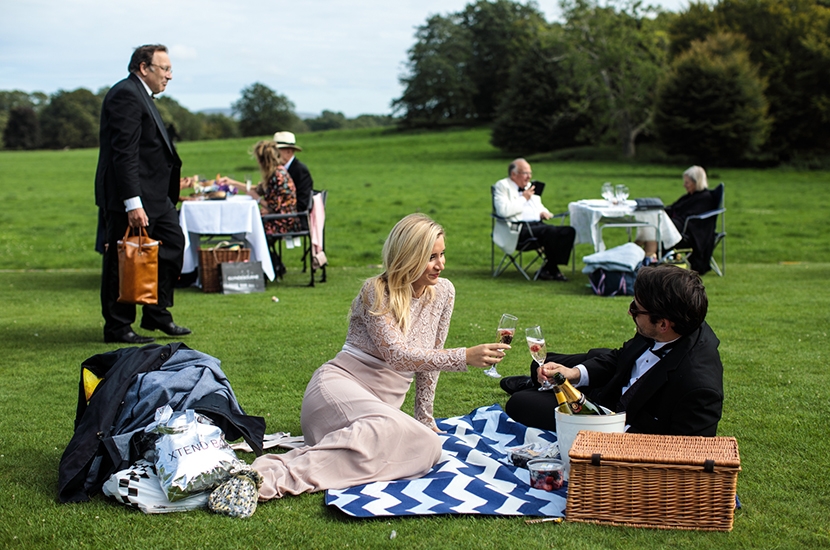Disastrous decisions
Sir: One cannot but agree wholeheartedly with Lionel Shriver (‘This is not a natural disaster’, 16 May). Given the unremarked impact of other diseases which she mentioned, Covid-19 is small beer. The government set out on the right path with its herd immunity policy, but was bounced into lockdown by the ‘science’, hounded by the media in full cry. We are now in a situation where employees, mainly in the public sector and supported by the unions, refuse to rise from their feather beds and return to work. This is not a situation from which we will recover easily — if at all.
George Kelly
Maids Moreton, Buckinghamshire
Guarantee improvement
Sir: I note James Forsyth’s comment on how arms-length bodies will lose their autonomy (‘The British state needs rewiring’, 16 May). I was part of the team that conducted the triennial review of the Big Lottery Fund in 2014, and we concluded that the governance structure of quangos is poor. These non-departmental public bodies have confused accountability, mainly because they report to parliament via the relevant minister. This means that at times of emergency, they will not respond as well as they otherwise might.
We produced a detailed report comparing the governance of non-departmental public bodies to companies limited by guarantee. I proposed that non-departmental public bodies should become companies limited by guarantee — so their boards would adhere to the high standards set for all company directors. This will enhance both performance and reporting.
Mark Florman
London SW1
Festival thrall
Sir: Norman Lebrecht is ungenerous (Arts, 23 May). Music festivals have for years provided much-valued work for young artists starting out. They have kept music live, which in this time of worthy but ultimately sterile online performance we can only remember with gratitude. Yes, future governments may well have to cut back their financial support, but we can only hope that there will still be enough wealthy people generously supporting the many private initiatives. Scepticism about the Sekt and the hype should not blind us to the ongoing transformative power of live music-making, wherever it happens.
David Syrus
New Malden, Surrey
How to save restaurants
Sir: Tanya Gold speaks for us all in her concern for the survival of good restaurants (Food, 23 May). But as well as looking to government for assistance, we as patrons must come to the rescue. It is clear that few restaurants will be profitable at the reduced throughput required by social distancing. If we wish them to survive, we should pay significantly higher prices until normal service is resumed. That won’t save them all. But it might save the best. And it has the advantage of placing their fate in the hands of the customer, not the state.
Keith Craig
London SW7
Population counts
Sir: You make the point (Leader, 23 May) that the UK had ‘more Covid deaths than any other European country’. Much of the media — especially the BBC — has been saying the same thing. But the more realistic way to compare data like this is to relate it to population. Thus the UK death rate at 54.2/100,000 drops to third place behind Belgium (80.4/100,000) and Spain (59.8/100,000), with Italy very close at 53.8/100,000. These figures are from the European Centre for Disease Prevention and Control website, data up to 22 May.
Ivor Williams
Tavistock, Devon
Game on
Sir: I read today your interesting review of Animal Crossing by Lynn Barber (Arts, 23 May) — a game that I have enjoyed over lockdown. To save you and Ms Barber from the pain of having to conduct such a review again, I introduce to you an absolutely amazing 12-year-old whose name is Thomas Worsley.
I would be happy to review any game you throw at me for no money. I am an expert in this field and promise to be witty and informed.
Tom Worsley
Twineham, West Sussex
On Scruton’s beliefs
Sir: On the dispute between The Revd Dr Peter Mullen and Sue Prideaux on whether Roger Scruton believed in God (Letters, 23 May), may I chip in. I also knew Roger, having first been his student when he was a lecturer at London University in 1973. I was part of a think-tank he formed in the 1980s and during an after-dinner discussion he remarked that there probably isn’t a God, but that life is not thereby meaningless. His subsequent writing, however, explored the idea that our experience of beauty fills a ‘God-shaped hole’ by reaching out to a transcendental realm. His last writings went even further, suggesting, to me at least, that he wanted to believe in God. He was indeed, as the Revd Mullen suggests, ‘on the lookout’. If there is any truth in the saying that he who sincerely seeks God has already found him, then perhaps he did.
Dr Frank Palmer
Twickenham
State of address
Sir: Charles Moore’s observation on the depressingly prosaic addressing of a letter regarding his late father’s estate is a familiar one (The Spectator’s Notes, 16 May). Shortly after the passing of my own father, I received a final demand letter from an energy supplier addressed to ‘Mr Brian O’Connor (DEAD)’. Talk about rubbing it in!
Neil O’Connor
Orston, Nottinghamshire
Write to us letters@spectator.co.uk






Comments